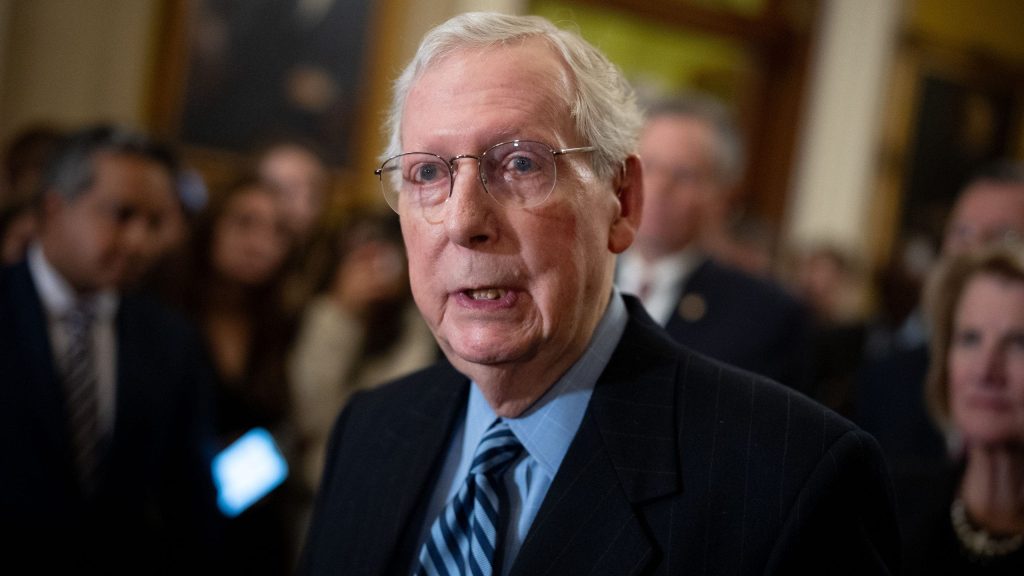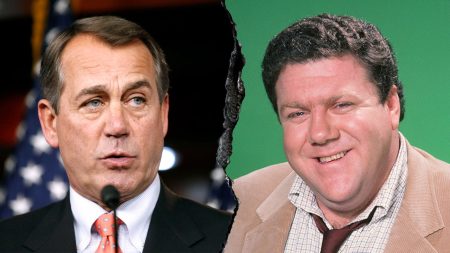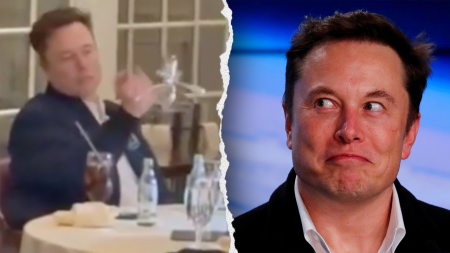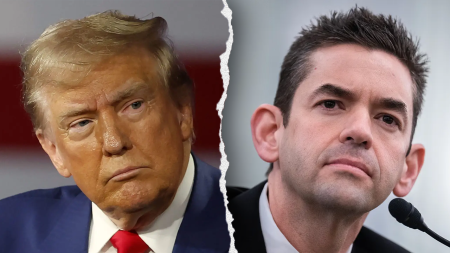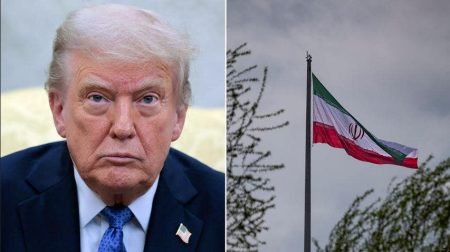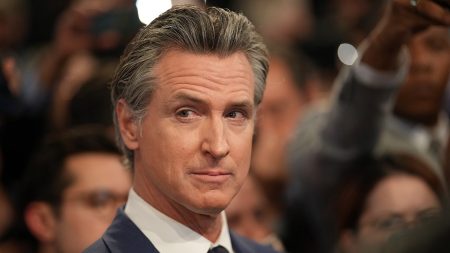Senate Minority Leader Mitch McConnell issued a stark reprimand aimed at Robert F. Kennedy Jr., President-elect Trump’s nominee to head the Department of Health and Human Services (HHS), following a report detailing efforts by Kennedy’s associate to challenge the approval of a polio vaccine. McConnell, a polio survivor himself, vehemently denounced attempts to undermine public trust in established medical treatments, labeling them not only misinformed but also perilous. While refraining from directly naming Kennedy, a known vaccine skeptic, McConnell’s message carried a clear warning: any prospective member of the incoming administration seeking Senate confirmation should avoid any association, even in appearance, with such endeavors.
The catalyst for McConnell’s admonition was a New York Times report revealing that Kennedy’s personal attorney, Aaron Siri, had represented clients in legal battles aimed at revoking the approval of a specific polio vaccine formulation, among others. This revelation ignited concerns given Kennedy’s controversial stance on vaccines and his nomination to a crucial health leadership position. McConnell’s personal experience with polio, having battled the debilitating disease since the age of two, underscored the gravity of the situation. He credited modern medicine and his mother’s unwavering care for enabling him to live a life free from paralysis, contrasting his experience with the transformative impact of the polio vaccine for subsequent generations.
McConnell emphasized his long-standing commitment to advocating for medical advancements and combating misinformation that jeopardizes public health. He highlighted his collaborations with organizations like Rotary International and the Gates Foundation, underscoring his dedication to eradicating diseases and promoting vaccination efforts. His unwavering stance against the spread of false information about vaccines reflects his deep concern for safeguarding public health and protecting vulnerable populations.
Senate Majority Leader Chuck Schumer echoed McConnell’s concerns, demanding that Kennedy clarify his position on the polio vaccine. Schumer shared the New York Times report on social media platform X, formerly known as Twitter, and condemned the efforts to discredit the polio vaccine as outrageous and dangerous. He emphasized the vaccine’s crucial role in virtually eradicating polio in America and saving countless lives, urging Kennedy to unequivocally state his stance on this critical public health issue. The bipartisan concern underscores the gravity of the situation and the potential consequences of undermining public trust in vaccinations.
The controversy surrounding Kennedy’s nomination to lead HHS revolves around his long-held skepticism towards vaccines. He has been a vocal critic of vaccination practices, raising concerns about their safety and efficacy. His association with individuals who actively seek to challenge vaccine approvals further fuels these concerns. Critics argue that his views on vaccines are not aligned with scientific consensus and could potentially undermine public health efforts if he were to assume leadership of HHS.
The incident highlights the broader debate surrounding vaccine hesitancy and the spread of misinformation. Public health officials and medical experts emphasize the crucial role of vaccines in preventing infectious diseases and protecting communities. Efforts to undermine public trust in vaccines can have serious consequences, leading to outbreaks of preventable diseases and jeopardizing public health. The strong bipartisan reaction from Senate leaders underscores the importance of ensuring that public health decisions are based on scientific evidence and not influenced by misinformation or unfounded skepticism. The Trump transition team did not provide an immediate response to requests for comment.




